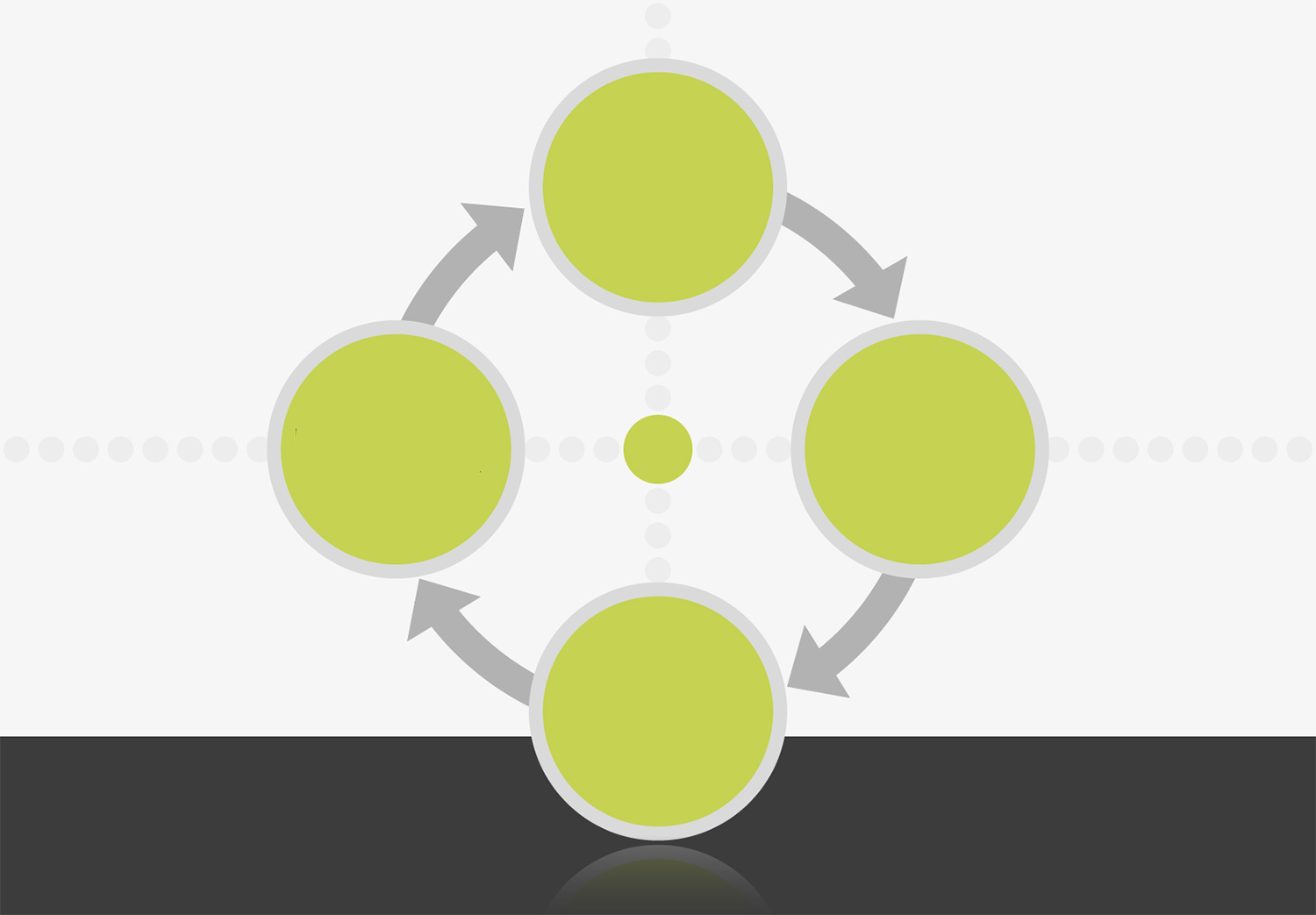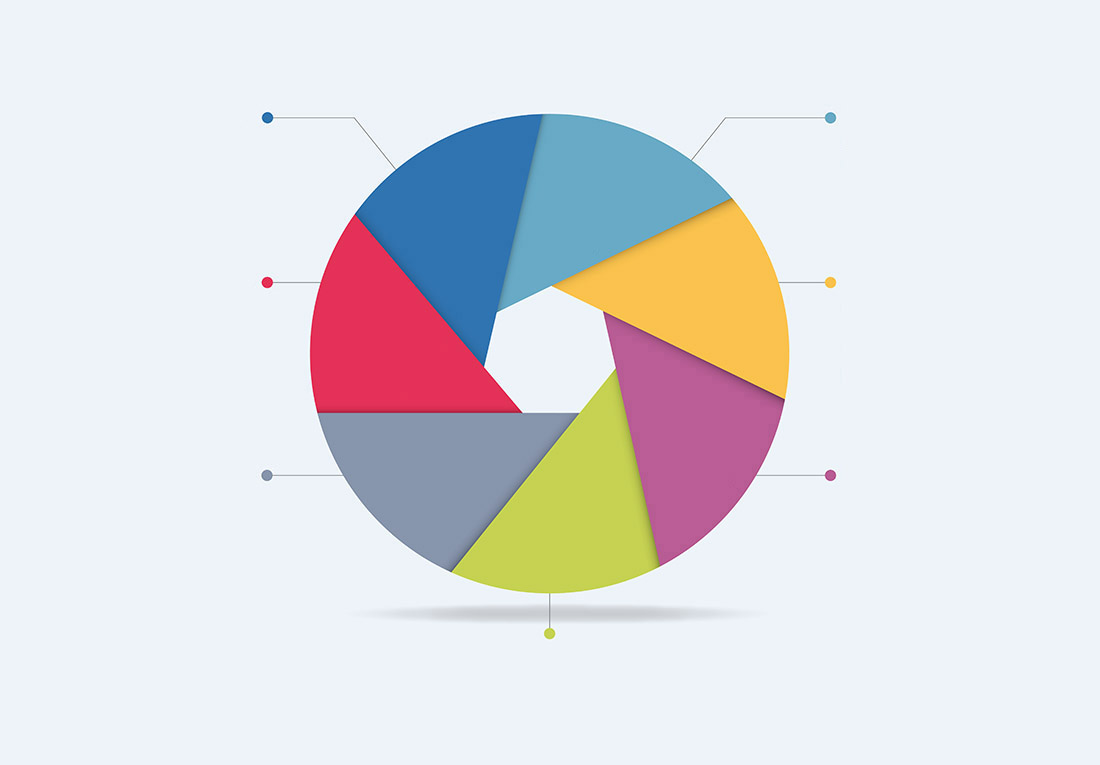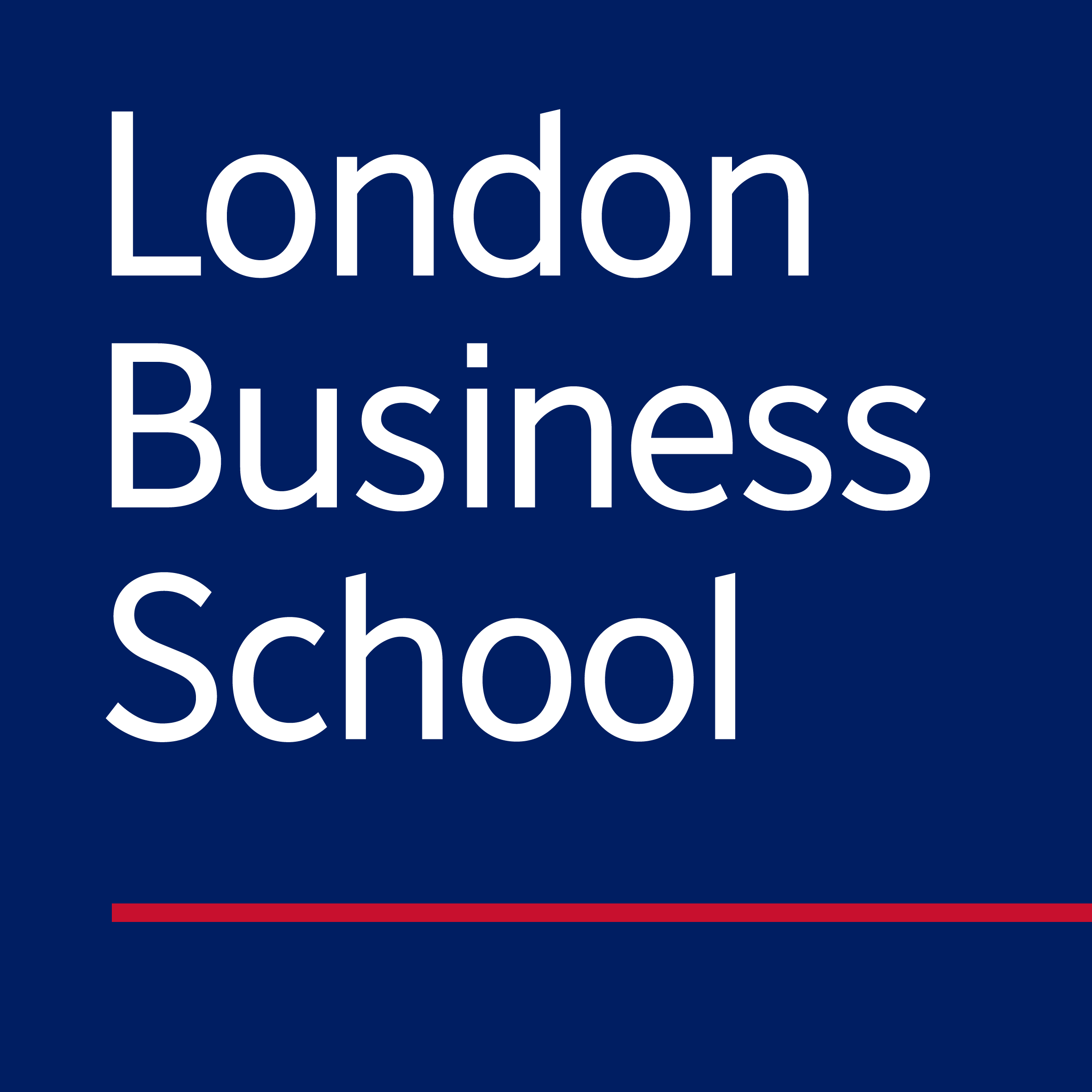
Experiential learning is an approach that directly involves learners in the practical experiences related to their education. Throughout these experiences, learners reflect on their involvement and explore their evolving conceptualisation of knowledge. The impact of learning through experience has long been documented. Educational theorists such as Dewey (1938) and Piaget (1966) have explored the benefits, leading to the formalisation of experiential learning as an educational approach.
Experiential Learning Cycle
Expanding on the works of Dewey and Piaget, Kolb (1984) designed a cycle that models the process of experiential learning. This model is formed of two levels, broken down into four stages, as illustrated below. It defines the process of approaching new experiences and abstract conceptualisations, and shows how it is constructed in the learner's mind through reflective observation and active experimentation.

Doing/having an experience
Reviewing/reflecting on the experience
Concluding/learning from the experience
Planning/trying out what you have learned
Learning is an active experience. Whether done as an individual or group, it should engage learners in practical application of skills and knowledge.
Learners should be given an opportunity to reflect on their experience. This includes undertaking a self-reflective activity or engaging with peers to articulate, discuss and explore their experiences.
At this stage, learners should build upon the evidence and reflections. The two previous stages become linked in order for them to compare their existing knowledge and new experiences. This is how they construct new understanding.
Having explored their learning, learners should now translate their understanding into future application. Learners draw conclusions from their previous experiences to provide appropriate context and provide a refined plan for how they will undertake work in the future.
Learning is centred on the experience of the student. Designed tasks should be relevant and appropriate to your students and their individual contexts. Chapman, et al (1995) defines six characteristics that define an experiential learning activity:
Consider these characteristics when designing experiential activities to ensure that tasks address each of the stages of the cycle. This will provide a stable experience for learners to engage with, along with opportunities for reflection in order to construct new ideas and apply them in practice.
Problem-Based Learning (PBL) promotes an environment where theoretical and practical skills are applied in a real-world context. Learners are expected to facilitate, collaborate and implement a solution to a problem based on prior knowledge and experiences. The scenarios are guided by an educator but provide a level of ambiguity so that learners build connections between the task and wider environment. Students engage iteratively through a diverse range of activities to collaborate, discuss and learn in a personalised way (Paniagua & Istance, 2018).
Service-based learning addresses the genuine needs of the community. With this approach, learners carry out tasks that not only provide a service in the community, but also have an impact on their own learning. For example, this could include working with local charities to manage the conception, promotion and running of events. Alternatively, the institution could act as the community - with students leading on projects to address innovative challenges to benefit colleagues and peers.
Experiences outside of the classroom provide valuable opportunities for students to apply their knowledge in practice. Internships and other work-based experiences allow learners to integrate their academic studies with work in their chosen field. Bandura (1991) highlights the impact of internships and work experience on a learner’s self-efficacy. Incorporating experiential learning into the curriculum in this manner has also been shown to impact heavily on the students’ knowledge and satisfaction (Patricia & McCarthy, 2006).








References
Bandura, A. (1991). Human Agency: The rhetoric and the reality. American Psychologist , 157-162.
Chapman, S., McPhee, P., & Proudman, P. (1995). What is experiential education? The theory of experiential education, 235-248.
Dewey, J. (1938). Experience and Education. New York, NY: Kappa Delta Pi.
Kolb, D. A. (1984). Experiential Learning: Experience as the source of learning and development. Englewood Cliffs, NJ: Prentice-Hall.
Paniagua, A., & Istance, D. (2018). Teachers as Designers of Learning Environments: The Importance of Innovative Pedagogies, Educational Research and Innovation. Paris: OECD Publishing.
Patricia, R., & McCarthy, H. (2006). When Case Studies Are Not Enough: Integrating Experiential Learning Into Business Curricula. Journal of Education for Business, 201-204.
Piaget, J. (1966). The Psychology of Intelligence. Totowa, NJ: Littlefield, Adams and Co.
